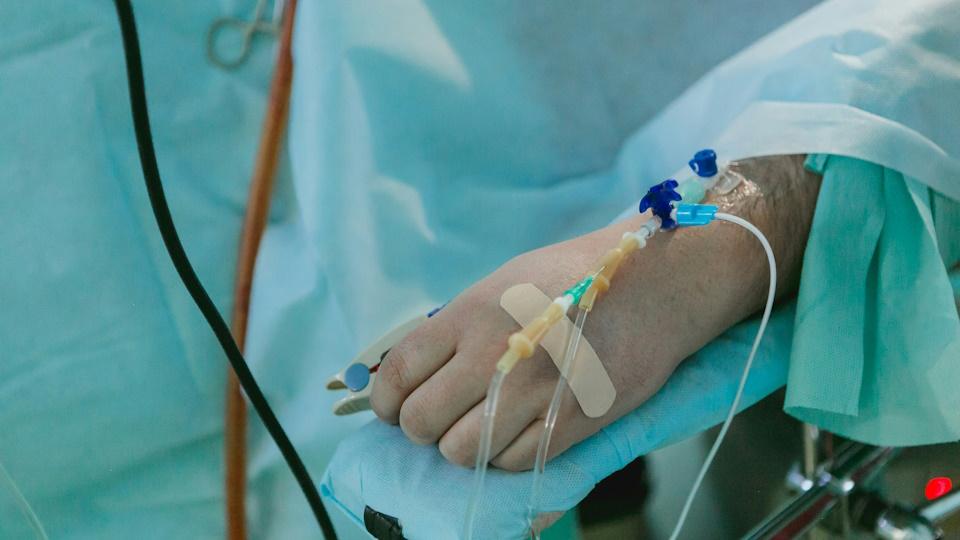Innsena backs CancerX’s digital drive to improve access

Healthtech consultancy Innsena has committed funding and expertise to The White House’s CancerX initiative, launched last year to encourage the use of digital technologies to tackle the biggest challenges in cancer.
Part of the Cancer Moonshot programme – which aims to slash cancer mortality rates by 50% in 25 years – CancerX got underway last year and is starting its mission by taking aim at disparities in access to care, as well as ‘financial toxicity’, the hardships related to the cost of treatment that patients can face.
That makes it a perfect fit for Innsena, which was set up specifically to improve care outcomes for underserved communities. The company is committing $100,000 in funding to CancerX, as well as providing advice on health disparities and access to care, and has become the initiative’s first Impact Supporter.
The commitment is personal for Leslie Kirk, chief executive and managing partner of Innsena, whose mother is partially blind, unemployed, doesn’t drive, and is a widow living alone in rural north Georgia. She was diagnosed with stage 4 non-Hodgkin lymphoma (NHL) in 2017 after a large tumour burst in her stomach.
At 58, she wasn’t eligible for Medicare and didn’t qualify for Medicaid because she had a moderate life insurance payout from the death of her husband, Kirk’s father, and the cost of treatment swallowed up more than half of that.
“The lack of advocacy and financial support for my mom changed our entire future, something we still struggle with today,” said Kirk in a post on LinkedIn.
“We decided that, if the incentives to innovate in cancer care for vulnerable populations don’t exist, then we would create them,” she added. “Our financial commitment to CancerX is a step forward that we hope will start a broader movement among our industry peers.”
Cancer is a prime example of a disease where unequal access to care is a major problem for medically underrepresented communities. For example, the National Cancer Institute (NCI) notes that people with low incomes and access to paid medical leave, low rates of health literacy and insurance, and long travel distances to clinics, are less likely to have recommended screening tests and to be treated according to guidelines.
Innsena has said it will work collaboratively with CancerX on improving access for the underserved, such as rural and tribal communities, as well as other needs as its programmes evolve, and to help with the launch of new initiatives.
“The disparity caused by the lack of incentives to improve outcomes for Medicaid beneficiaries and underserved communities can’t be overstated,” said Kat McDavitt, Innsena’s president.
“There’s no condition where that disparity across populations is more apparent and devastating than cancer,” she added. “In CancerX, we found a community of partners delivering equitable solutions to hard problems, even when financial incentives do not otherwise exist.”
Photo by Olga Kononenko on Unsplash












